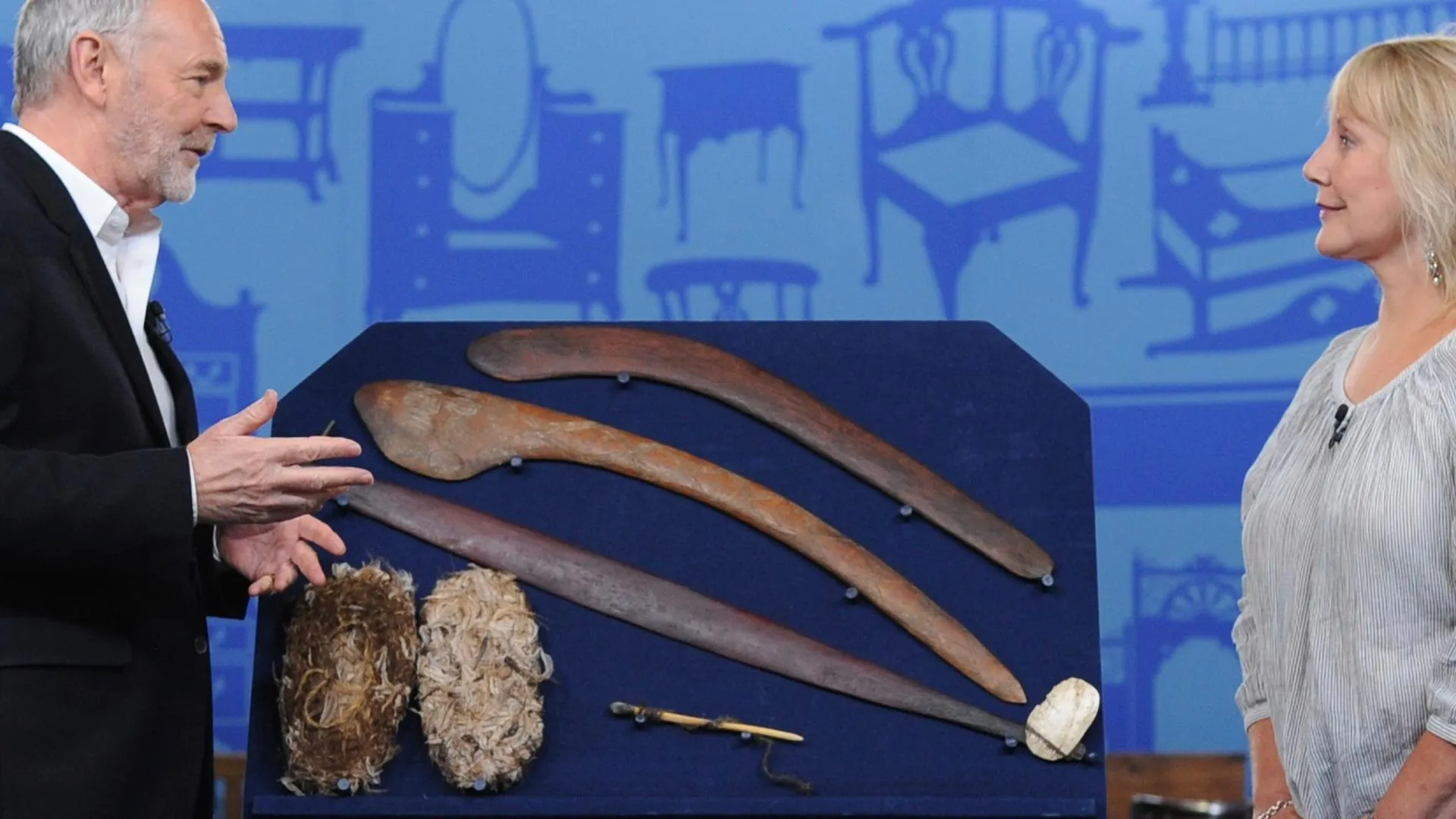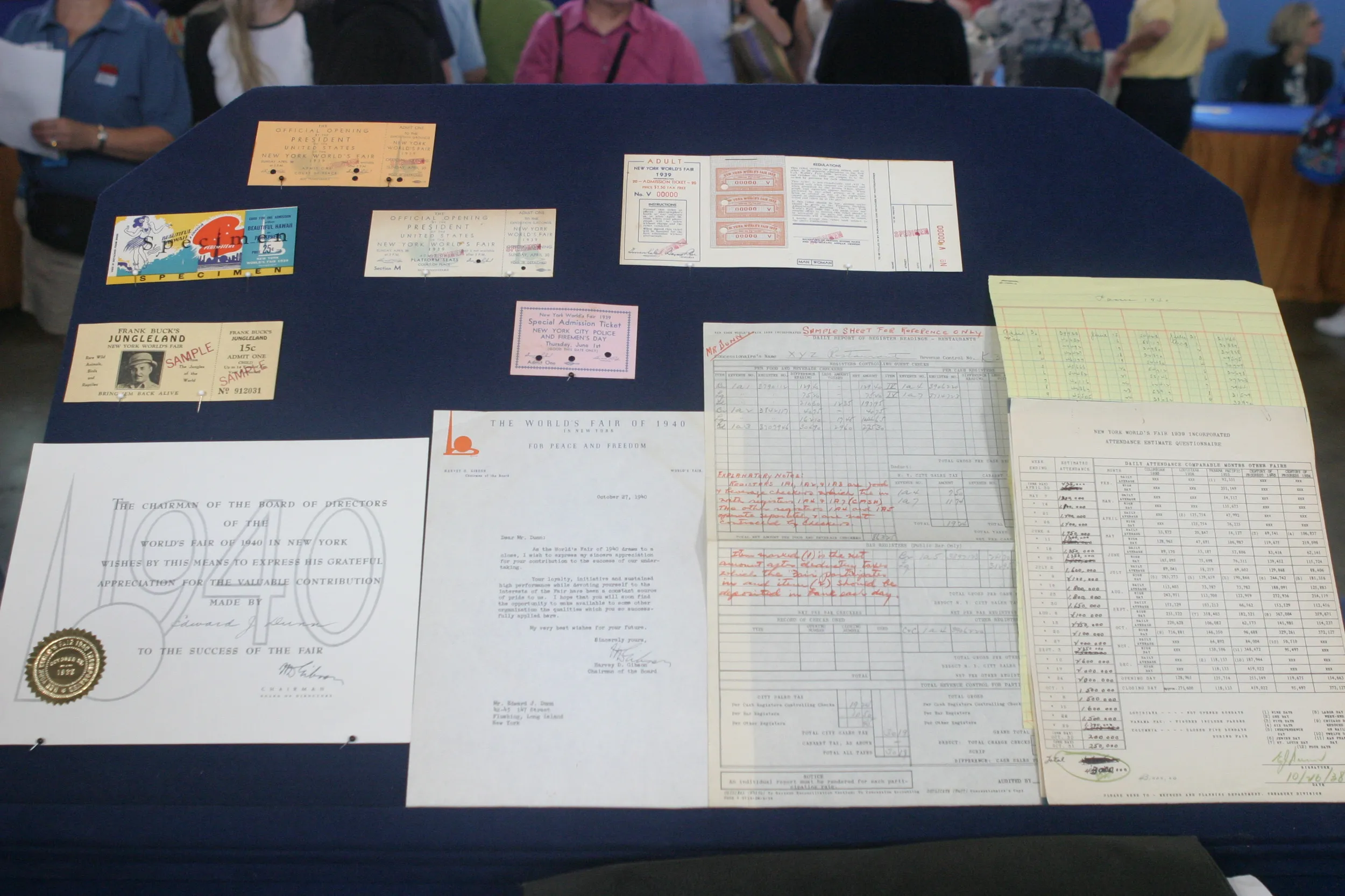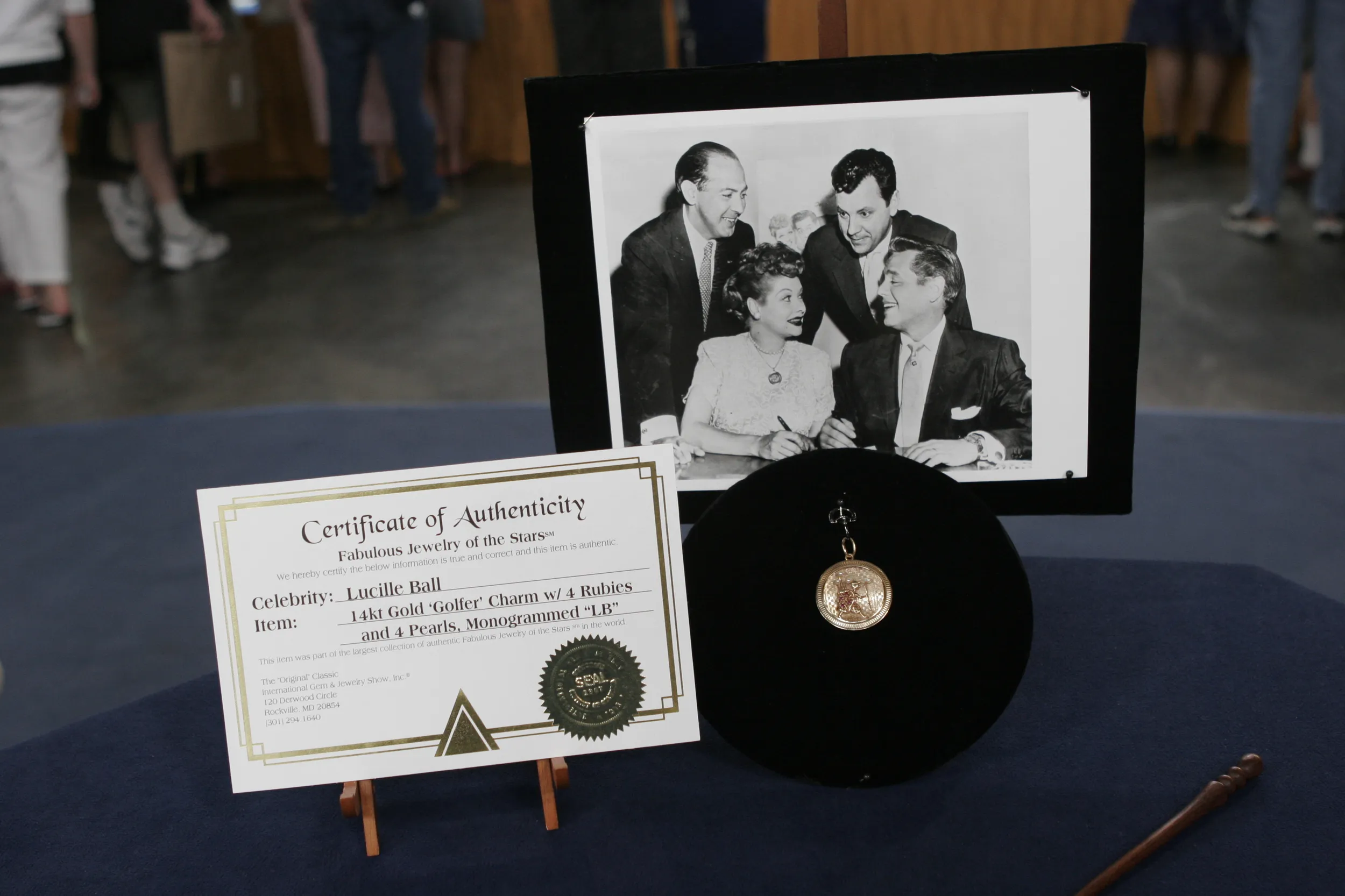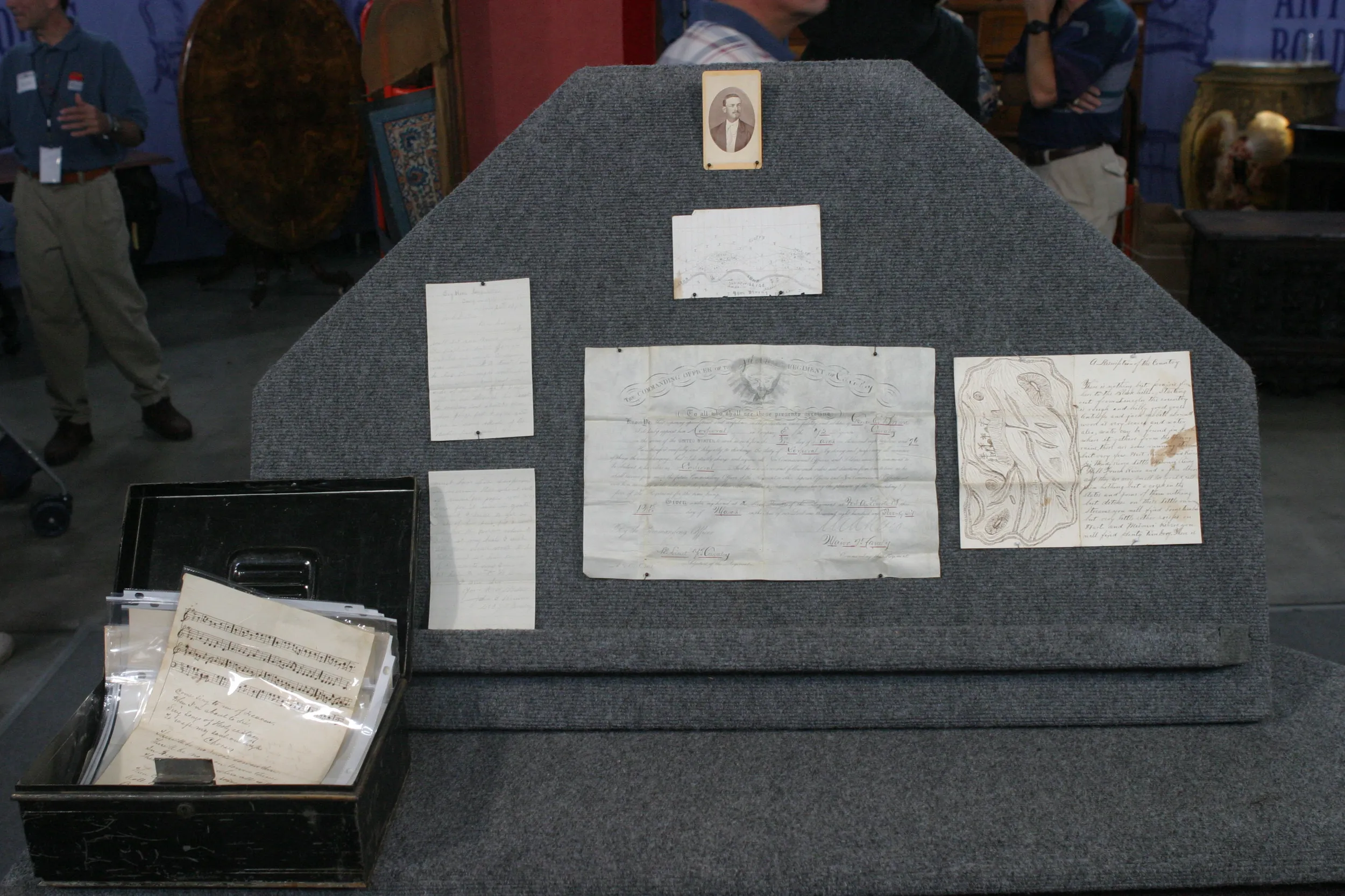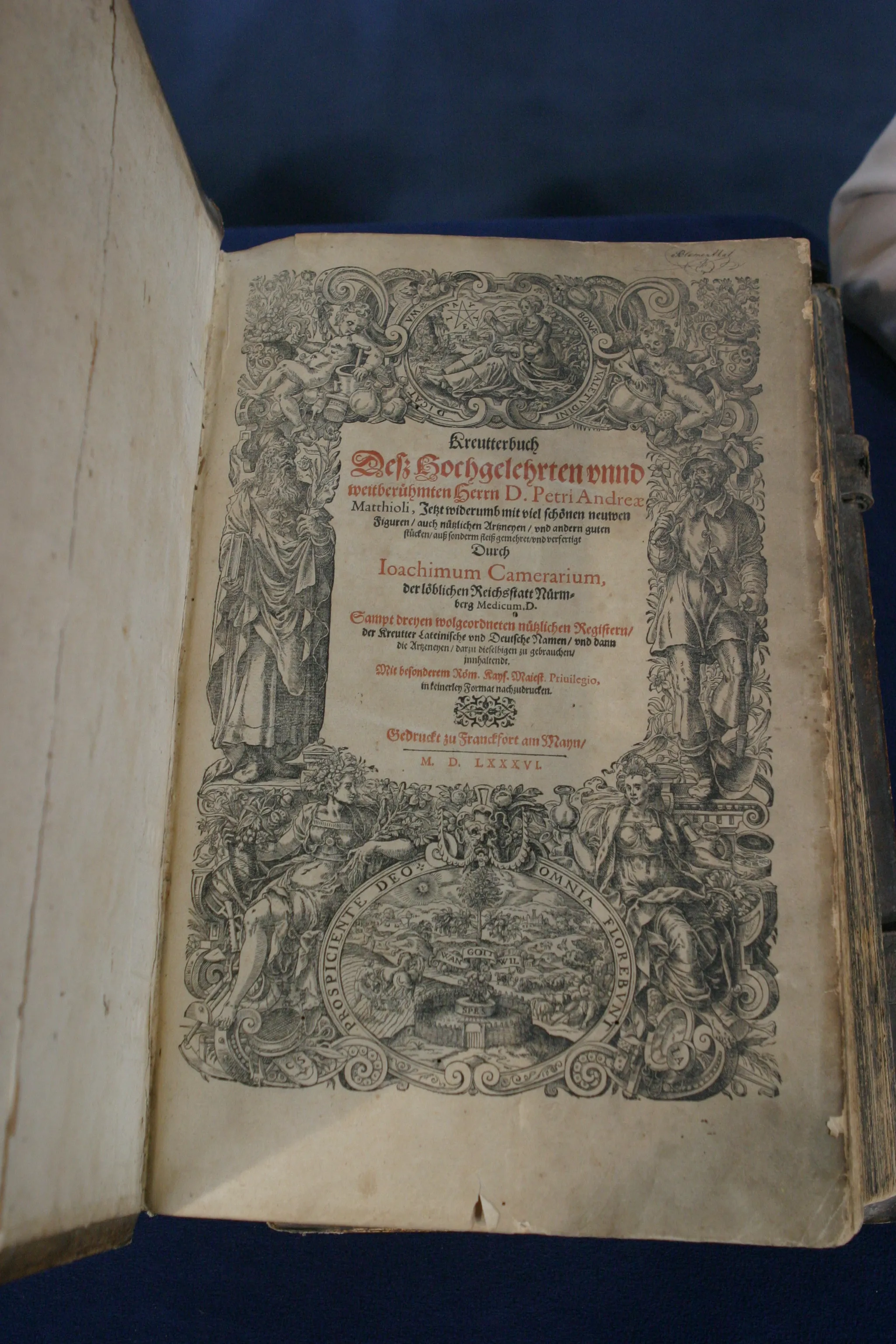HOST: It was behind this very jail cell door that Reverend Martin Luther King Jr. was held for eight days in April of 1963 after protesting the treatment of blacks in Birmingham, Alabama. Today, the door is part of a powerful and inspiring exhibit at the Birmingham Civil Rights Institute.
APPRAISER: Birmingham at the time was the largest city in the Southeast, but it also was the most segregated big city in the Southeast, so every aspect of life was segregated. Going into restaurants, going into schools, being downtown would have been segregated. In fact, our conversation, what we're doing right now in this facility, would have been illegal 51 years ago.
HOST: Tell me about Dr. King and when he was arrested here in Birmingham.
APPRAISER: Well, Reverend Shuttlesworth invites King to come here in 1962. They had the annual convention for the Southern Christian Leadership Conference here. King makes the decision to be arrested here on Easter weekend, and so he and Ralph Abernathy pray without a permit, they get arrested, Shuttlesworth stays behind to lead the people. So while he's in jail, these eight clergy write a letter to the editor basically saying that King's moves were untimely, they were unwise, he was gonna mess up all the gains that had happened here, if he would just wait, everything would work itself out if you just gave it some time. And so at that point, King writes a letter from Birmingham Jail in response.
APPRAISER: The letter from Birmingham City Jail is important because it really crystallizes his message about the civil rights movement to that time. The most famous line in this essay is "Injustice anywhere is a threat to justice everywhere."
HOST: And it was smuggled out of the jail, and how does it get circulated from that point forward?
APPRAISER: The text is smuggled out, it's transcribed, edited, typed up and mimeographed, and that mimeograph copy of the essay is probably what we in the book world would call the true first edition of the piece. And it's distributed to the leaders of the SCLC and the leaders of the movement in town. Its next major appearance is in this pamphlet right here, where the American Friends Service Committee, which is actually the Quakers, publishes it in May of 1963. And this particular pamphlet would have been in circulation for about a year until King publishes his next book, Why We Can't Wait, in which this essay is edited once again and appears as a chapter in that book. We don't know how many of these were printed-- probably several thousand, so it's not that uncommon. The copy, though, that's here comes to the institute from one of the members of the inner circle of the leadership committee. Without any association, it's not very expensive-- it's under $50. But with the association, I would estimate this piece at $400 to $600.
HOST: You have another document here, and I'm looking at Dr. Martin Luther King Jr.'s actual handwriting on paper, is that right?
APPRAISER: You are! This is a manuscript page from a book. King published five books in his lifetime. This was the first. It came out in 1958. This is Stride Toward Freedom, and this page comes from the chapter on labor unions. King is very complimentary towards labor unions. They had done great work to promote racial equality. But he does criticize certain unions that still have what he calls the racist ethos for suppressing the rights of black workers, particularly in the South. It is really not uncommon for us in the auction world to see signed copies of King books, to see letters, but it is incredibly rare to find manuscript pages of any of his political writings. This copy belongs to a friend of mine. If you would like to own a page of Dr. King's writing, you're not going to have a lot of chances to do so. I would put an auction estimate of $7,000 to $9,000, but I think if you let the collecting community know exactly how rare this is, I do think the sky could be the limit.
HOST: It's so intimate and so powerful. I'm just grateful that you shared it with us.
APPRAISER: I'm happy I could share it with you too.

